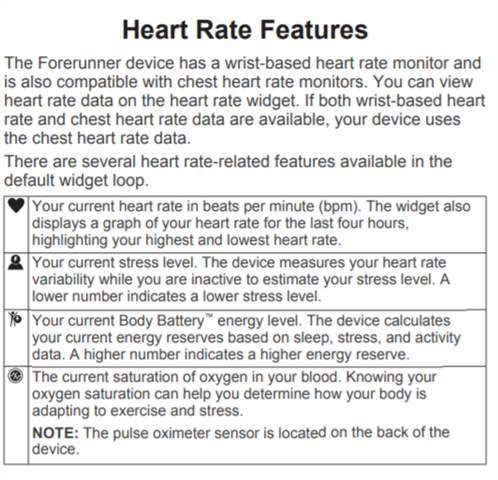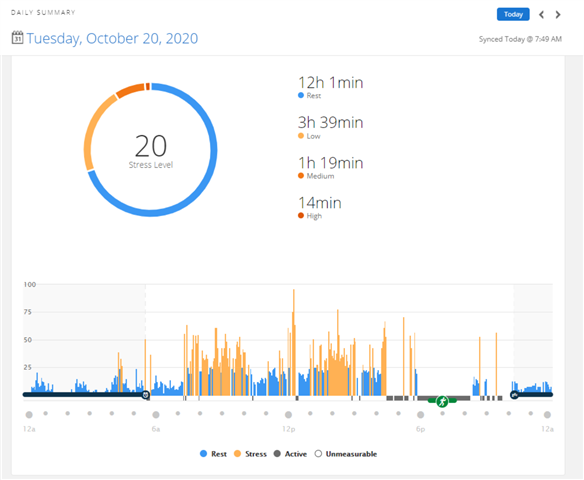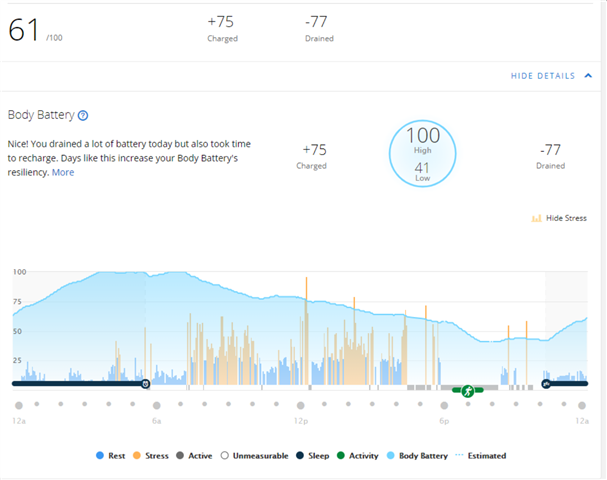Just wanted to know if there is any written literature from Garmin on if wearing a chest strap while doing an activity improves the accuracy of the body battery reading?
I know certain metrics on my Edge 530 require a chest strap (performance condition, etc..).
Also respiration rate requires a chest strap during activities for supported watches:
https://support.garmin.com/en-MY/?faq=2yEgS0Pax53UDqUH7q4WC6
Body battery also relies on HRV so in theory it would also benefit from a chest strap especially during an activity but nothing is written on the topic:
https://support.garmin.com/en-AU/?faq=VOFJAsiXut9K19k1qEn5W5
Am I incorrect? Can somebody please clear this up for me?
Thank you
Daniel





